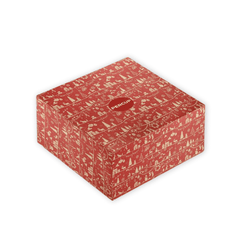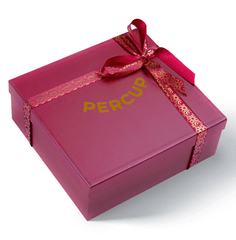For Gen Z, coffee isn’t just about caffeine, it’s a lifestyle, a statement, and a way to support sustainability. Unlike previous generations who prioritized convenience, Gen Z actively seeks ethically sourced, eco-friendly coffee that aligns with their values.
With climate change concerns at an all-time high, Gen Z is choosing coffee brands that care about the planet. They want transparency, fair wages for farmers, and packaging that won’t end up polluting the oceans. And guess what? The coffee industry is listening.
So, what makes Gen Z’s coffee culture different? And why are sustainable coffee brands winning their loyalty? Let’s dive in.

Gen Z’s Coffee Culture: A Shift Toward Sustainability
The days of mindlessly grabbing a cup of coffee are over. Gen Z wants to know where their coffee comes from, how it’s produced, and whether it’s sustainable. This has forced coffee brands to rethink their approach.
- Fair trade and ethical sourcing – Gen Z supports fair trade coffee, ensuring farmers are paid fairly and work in ethical conditions.
- Eco-friendly packaging – Plastic-free, biodegradable coffee packaging is a non-negotiable for this environmentally conscious generation.
- Carbon-neutral coffee brands – Companies like Lavazza are working toward carbon neutrality, winning over Gen Z with sustainable practices.

Why Gen Z Prefers Sustainable Coffee
1. Zero-waste coffee is the future
Single-use plastics? No thanks. Gen Z is embracing zero-waste coffee shops that encourage reusable cups, compostable straws, and sustainable brewing techniques.
Many coffee brands are now offering bring-your-own-cup discounts, and Gen Z is loving it. Sustainability isn’t just a selling point—it’s an expectation.
2. Organic, fair trade, and transparent labels matter
Gen Z actively looks for certifications like Fair Trade, Rainforest Alliance, and Organic Certified when choosing their coffee.
If a coffee brand is open about its sourcing and sustainability efforts, it gains instant credibility. Transparency is key—greenwashing just won’t cut it with this informed generation.
3. Digital influence and coffee trends
Social media has a huge impact on how Gen Z discovers coffee brands. They’re influenced by TikTok, Instagram, and YouTube, where eco-conscious influencers share their favorite sustainable coffee brands.
Brands that actively engage in sustainability conversations online are more likely to attract Gen Z’s attention and trust.

Research on Gen Z and Sustainable Coffee
Studies show that younger consumers are increasingly committed to sustainability, with Gen Z leading the way. According to a report by the National Coffee Association, sustainability influences purchasing decisions more than ever. Additionally, research published in the Journal of Consumer Behaviour highlights how ethical concerns drive Gen Z’s brand loyalty in the coffee industry.
FAQs: Gen Z and Sustainable Coffee
1. Why does Gen Z prefer sustainable coffee?
Gen Z cares about ethical production, environmental impact, and supporting brands that prioritize people over profits. Sustainability is not just a trend for them—it’s a responsibility.
2. Is fair trade coffee really sustainable?
Yes! Fair trade coffee benefits include better wages for farmers and more environmentally responsible farming practices. However, looking for certifications like Rainforest Alliance or Organic Certified can ensure even higher sustainability standards.
4. Why is carbon-neutral coffee important?
Carbon-neutral coffee brands work to offset emissions created during production, which helps reduce the environmental impact of coffee farming and processing.
3. How can new coffee brands attract Gen Z?
By embracing eco-conscious packaging, transparent sourcing, and digital-first marketing that speaks to Gen Z’s values. Engaging with their audience on social media is also a game-changer.
Find Sustainable Coffee at Percup
At Percup, we bring together some of the best sustainable coffee brands that prioritize ethical sourcing, eco-friendly packaging, and high-quality coffee. Whether you're looking for organic, fair trade, or carbon-neutral coffee, you can find the perfect match on our website.
If you're a coffee brand that values sustainability, we’d love to partner with you! Reach out to us at hey@percup.com and become a part of our growing community. We ship worldwide!




















